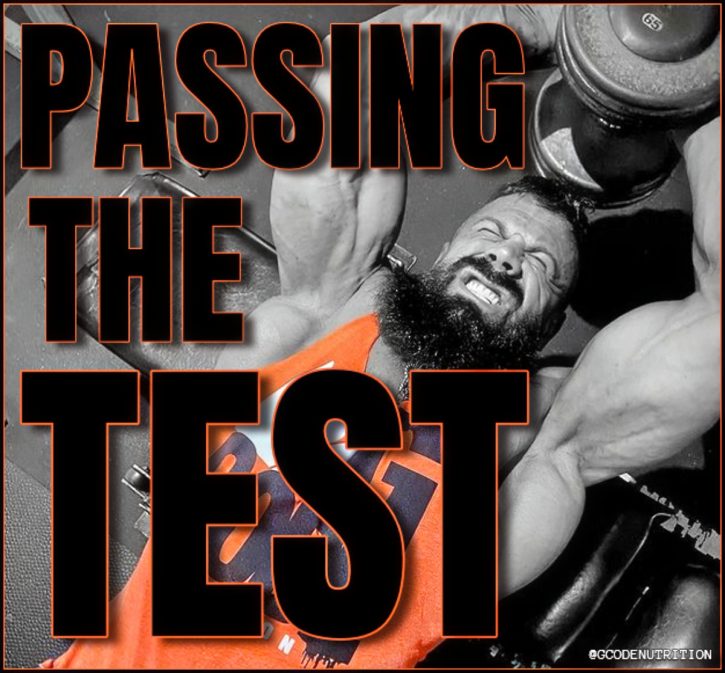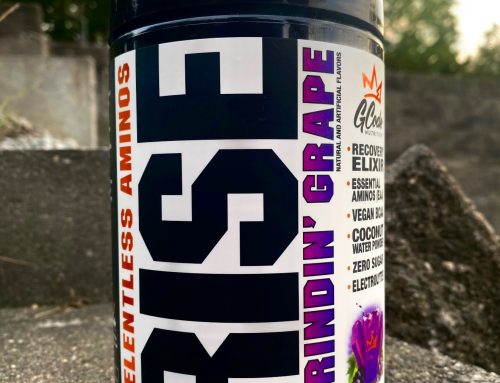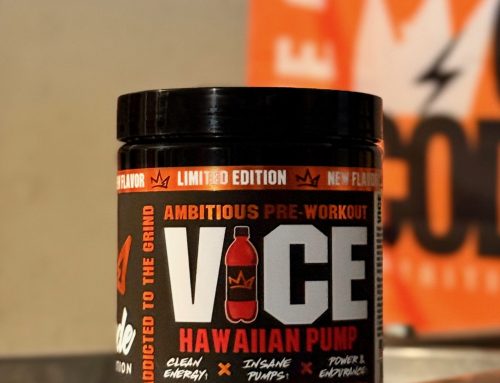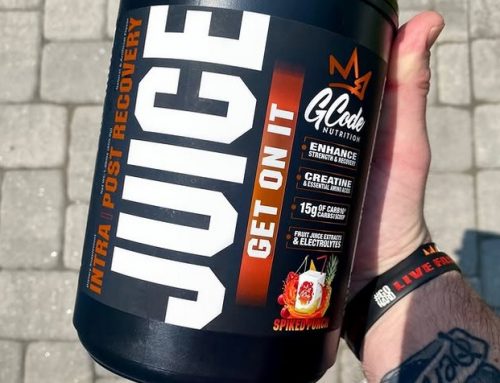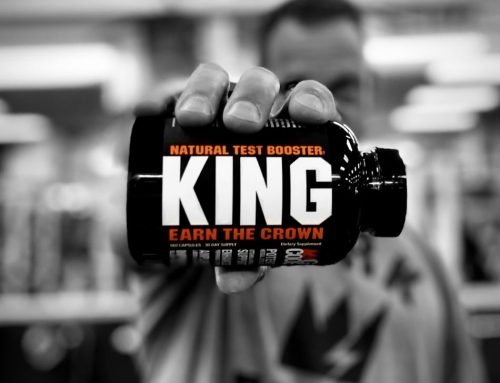Passing The Test
by G Diesel
As science marches forward and the understanding of human biochemistry advances, testosterone, once the taboo talk of sports doping, has rapidly become mainstream medicine. The male master hormone being linked daily to general health just as much as any desire to improve athletic ability or our physical conditioning.
Beyond the age of thirty, men’s natural testosterone production begins to steadily decrease. Our own endogenous hormone synthesis is often linked to the concept of a man’s period of peak performance. The unspoken understanding being, that there’s a direct correlation between the decline of our own testosterone production and the end of our “prime”.
For many of us, this inevitable biological truth is downright unacceptable. For those of us determined to extend our prime years– to be in our best shape, to continue to gain size and strength, to dominate our discipline or chosen field of play, to feel driven and energetic, defiant to clocks and calendars, we are always looking for solutions—methods of keeping our edge.
If pharmacological hormone replacement therapy (HRT) under a doctor’s supervision isn’t a road you’re interested in travelling just yet, take comfort in knowing you’re not alone. There are options. Lifestyle modifications that can be made in order to enhance your own testosterone production. Give Father Time the middle finger by employing some of these simple, time-tested strategies. They’ve worked for me over the years, and I believe they just might benefit you as well.
Eating
Prioritizing protein sources rich in fats and vitamins and minerals is absolutely critical in providing your body with the vital raw materials it requires to synthesize testosterone. Red meat, whole eggs, fatty fish like salmon and tuna, shellfish, dairy, chicken thighs and the like provide a greater macro- and micronutrient bang-for-the-buck than their often-prized leaner alternatives. Regularly consume these more nutrient-dense and calorie-dense protein sources and watch your natural test production elevate. Athletes will not optimize their performance or their own endogenous hormone output by starving themselves. Eat like a hard training athlete and you will look and feel like one.
Training
Evolutionarily speaking, man is not designed to be sedentary. As hunter-gatherers, we are at our masculine best when regularly pushing ourselves physically. Vigorous physical activity, namely resistance training in the form of lifting free weights—most especially core multi-joint basic compound exercises like squats, deadlifts, benches, rows and military presses, or even bursts of strenuous athletic activity like sprinting, will boost natural testosterone levels. Challenge yourself in the gym on a regular basis and your performance and productivity in all aspects of life—intellectually, sexually, athletically, will improve.
Keep it brief, focused and intense, avoiding burying your recovery capacity, and watch the test-boosting magic unfold.
Sleeping
Any serious discussion of optimizing recovery starts and ends with sleep. Not merely muscular recuperation, but systemic recovery. Sleep is our primary regenerative process, in terms of brain health, immune function, muscle repair and hormonal optimization. Sufficient, deep sleep also helps reduce the production of damaging stress hormones like cortisol, which severely undermine recovery and impede our body’s natural cycles of testosterone production throughout the day. So how do we sleep better? Improving “Sleep Hygiene” is a trendy way of saying we all need to employ better habits to make the most of our nightly period of slumber. Habits like daily cardiovascular and anaerobic exercise, limiting screen time and external stimulation late at night, consistent bedtimes, making sure our bedrooms are sufficiently dark, utilizing relaxation techniques, and finally including herbs, teas and supplements in our regimens that can enhance the depth and overall quality of our sleep. How incredibly important is sleep to testosterone production and the overall health and quality of life of male athletes? Consistently sleeping less than 5 hours per night will translate to the degradation of testosterone production commensurate to aging 10-15 years. Startling.
Supplementing
This would be all too easy an opportunity to plug GCode Nutrition KING, a formula that has personally been a product of trial-and-error decades in development. Instead, I’d prefer to highlight three very basic micronutrients. Vitamins and minerals that can easily and inexpensively be found at any pharmacy or department store. Common, everyday elements that so many hard-training athletes tend to be deficient in, and that could profoundly impact natural testosterone production.
Vitamin D3
The “Sunshine Vitamin” is a fat-soluble vitamin not easily found in foods but produced in copious amounts when the skin is directly exposed to sunlight. The correlated connection between widespread Vitamin D deficiency and low testosterone in male populations could be related in no small part to the sedentary, indoor lifestyles of 2024. The more we are able to get outside in sunlight and fresh air and participate in vigorous activity, the better for endogenous testosterone production. Beyond that, daily supplementation in the 1000-5000iu range could certainly combat deficiencies and augment natural test output.
Zinc
Simply put, this critical mineral reduces testosterone production when low and the supplementation with Zinc to combat deficiency often leads to improved serum blood test levels. Zinc also helps fight hypogonadism and bolsters the immune system, both keys to optimizing endogenous testosterone production. Found in abundance in shellfish, red meat and poultry, consuming these earlier touted foods regularly can minimize zinc deficiency. Supplementing with 25-50mg of Zinc per day is also a cheap and easy way to ensure your own internal test production has the zinc required to crank to the maximum.
Magnesium
Paired with regular exercise, this increasingly prized mineral has been found to boost testosterone production in men. Magnesium is also well known to promote relaxation and better sleep, which as we earlier covered, can exert positive effects on test levels. Just like with D3 and Zinc, Magnesium is a common deficiency in hard-training athletes. Almonds, leafy greens, salmon, dark chocolate, bananas and avocados are great whole food sources of Magnesium. But just to be safe, diligent athletes who leave nothing to chance would benefit by supplementing daily in the range of 250-600mg of Magnesium.
The Bottom Line
Aging is unavoidable. Time marches on. But we do not have to go softly into that good night. Men determined to maximize their quality of life and lengthen their prime performance years will always find a way. Utilize these simply adjusted diet and lifestyle modifications to raise your natural test levels, live your best life and “pass the test” every day.
